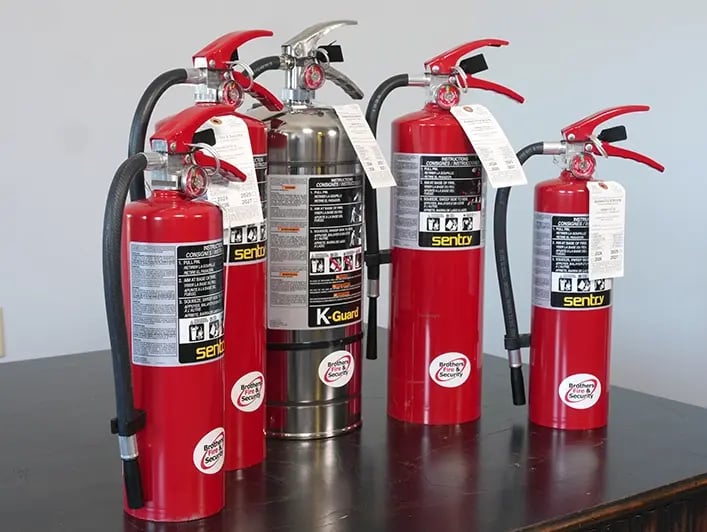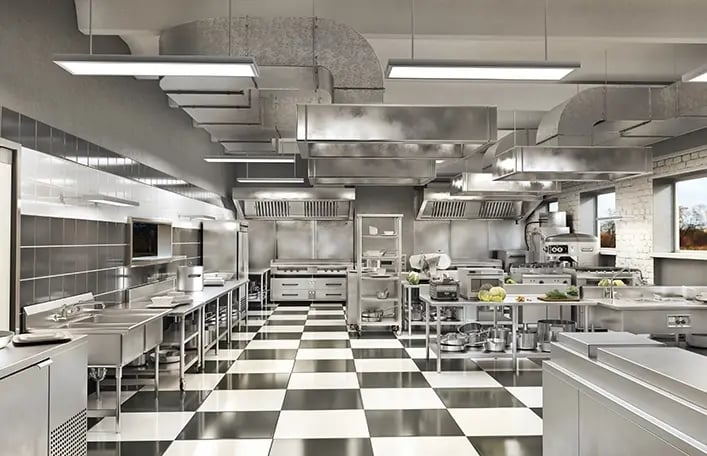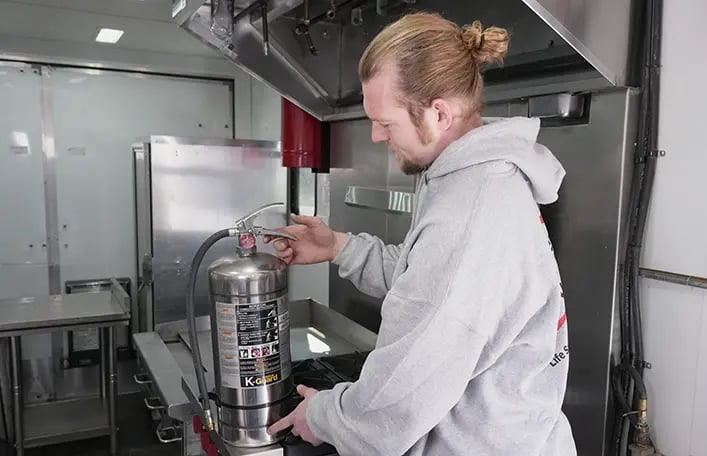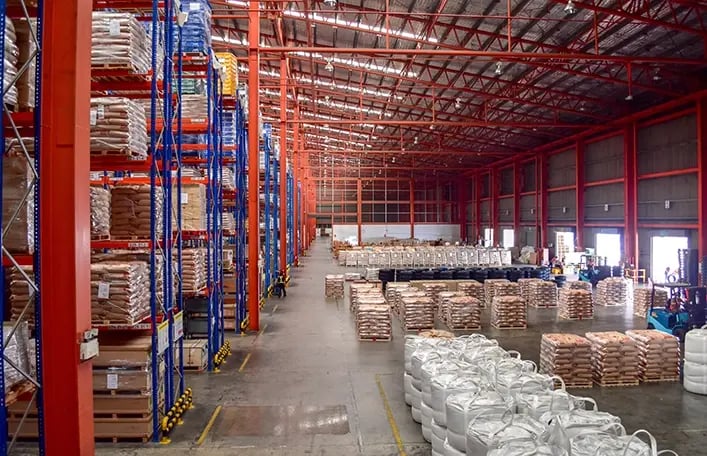Protecting What Matters Most
Custom Fire Suppression Systems That Protect Your Valuable Assets.
Every unique space in your building demands specialized protection. From server rooms to commercial kitchens, you'll know your valuable assets are secure with suppression systems precisely designed for each area.

Protect Your Critical Spaces
Server rooms and data centers need more than standard fire sprinklers. Choose clean agent systems that suppress fires without damaging sensitive equipment. You'll protect valuable technology while maintaining continuous operations—no water damage, no downtime.
We offer fire suppression systems from reliable brands, like ANSUL, Siemens, Pyro-Chem, FIREBOY, Johnson Controls, and Lehavot.



Safeguard Your
Commercial Kitchens
Kitchen fires demand an immediate, specialized response. Install advanced hood suppression systems that detect and suppress fires before they spread. From cafeterias to food trucks, you'll have protection that meets code and keeps operations running smoothly.

Choose the Right Fire Extinguishers
Different hazards require different extinguisher types. Select the proper equipment for each area's specific risks. You'll meet NFPA requirements while ensuring your occupants have the right tools when they need them most.



Address Special Hazard Areas
Paint booths, industrial processes, and specialized equipment need custom solutions. Be prepared with foam systems, CO2 suppression, or pre-engineered systems designed for specific hazards. You'll protect unique spaces without compromising safety or operations.
Find Your Perfect Protection Plan
Tell us about your building's specialized areas and we'll help you explore suppression options that protect your assets while maintaining operations.














